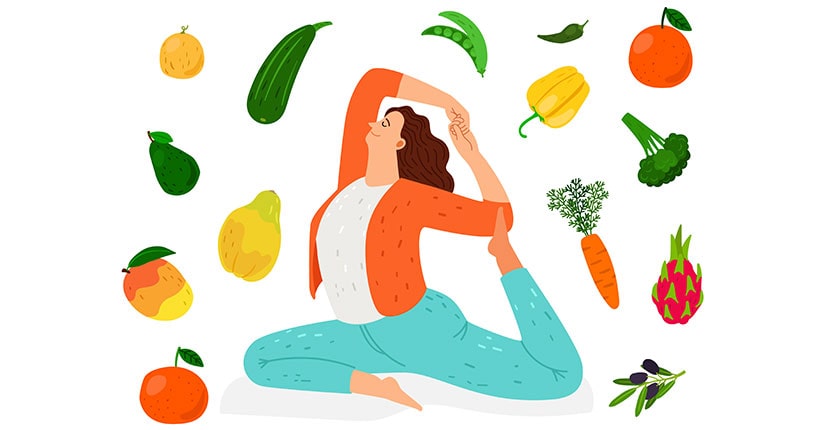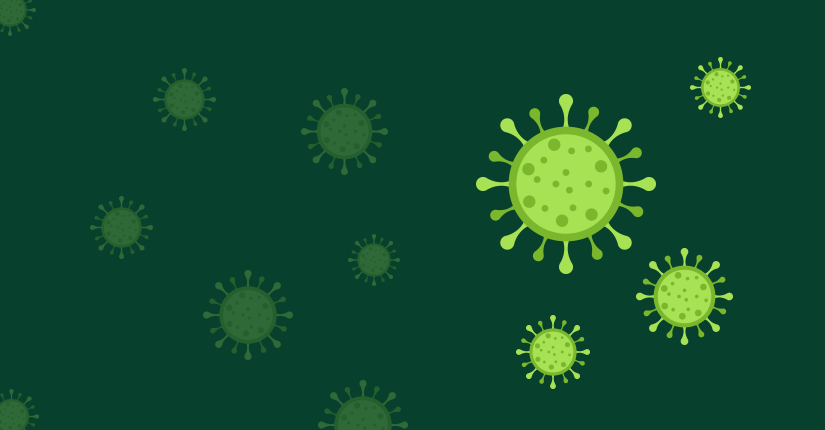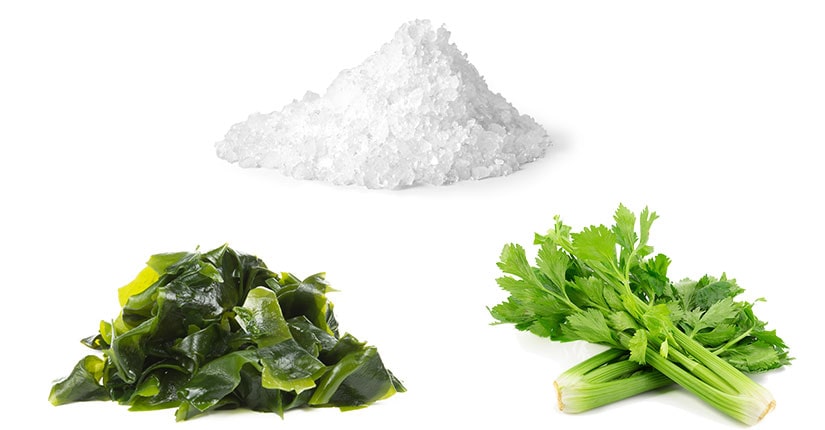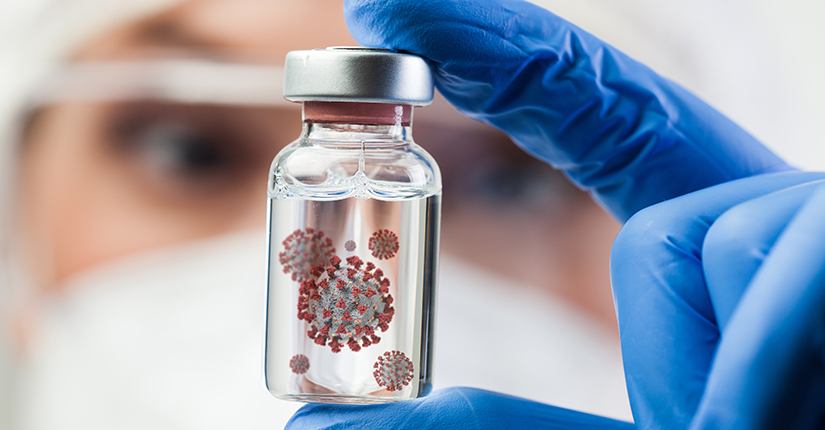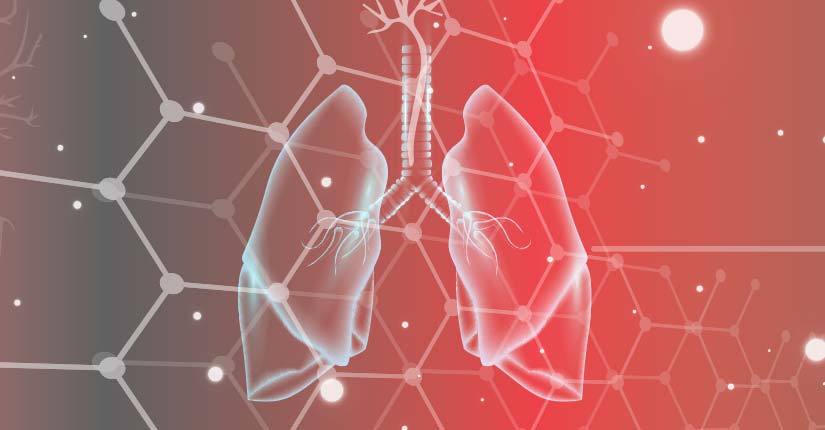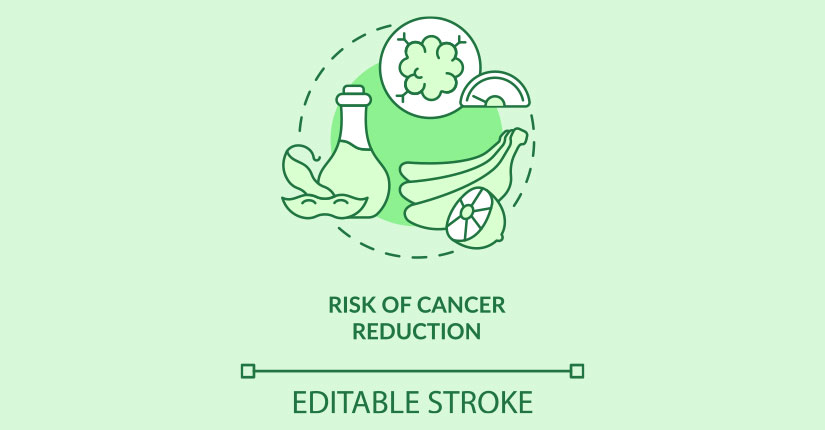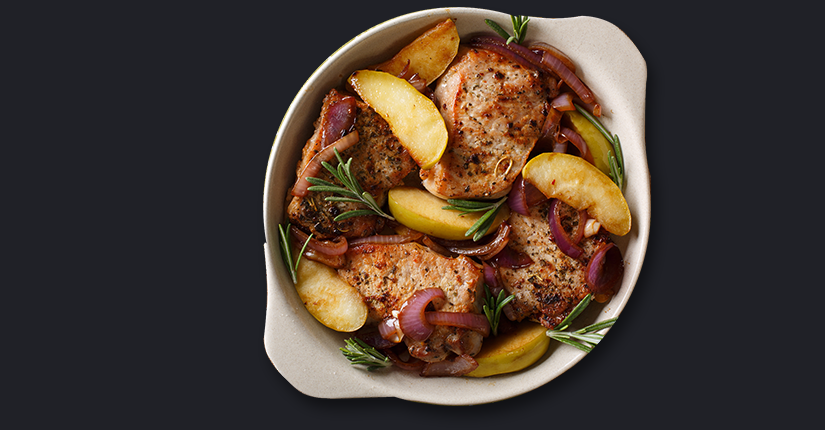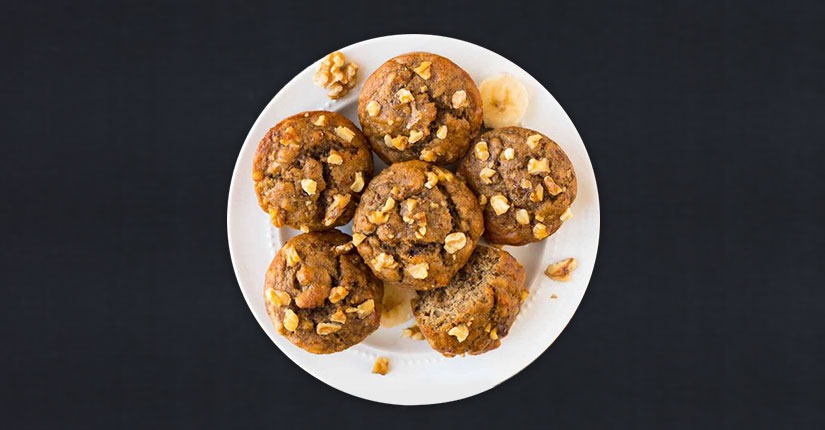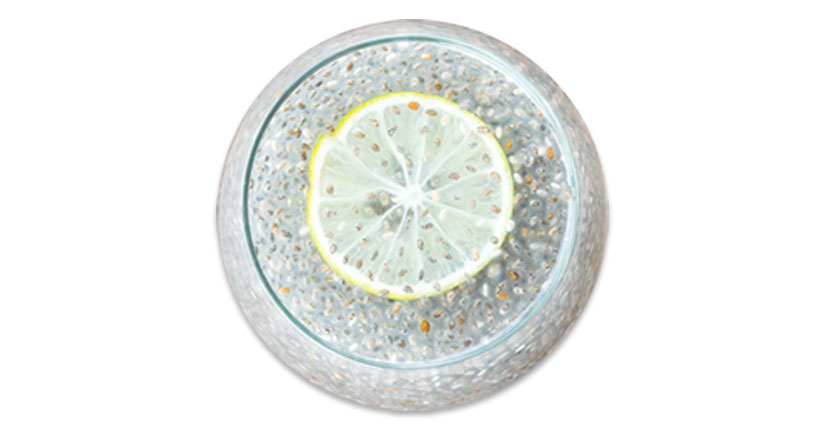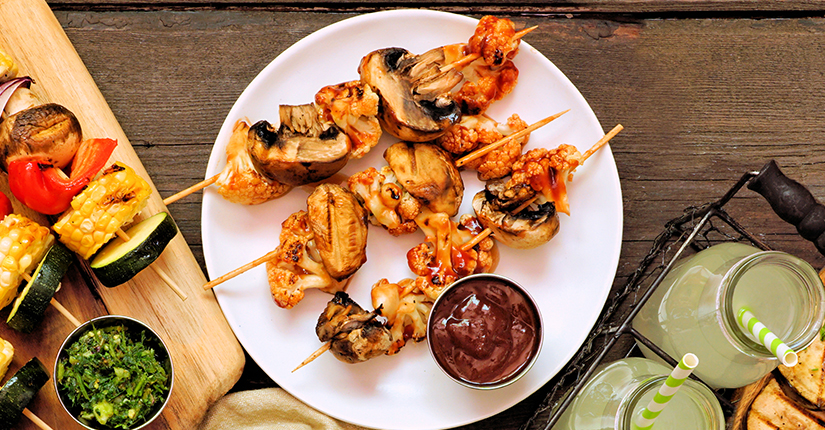WHO Tweeted About 5 Breastfeeding Facts For Mothers
By Nmami Agarwal 03-Aug 2022 Reading Time: 3 Mins

Every country in the world is affected by one or more forms of malnutrition. Combating malnutrition in all its forms is one of the greatest global health challenges. Women, infants, children, and adolescents are at particular risk of malnutrition. Optimizing nutrition early in life—including the 1000 days from conception to a child’s second birthday—ensures the best possible start in life, with long-term benefits.
Breastfeeding is one of the most effective ways to ensure child health and survival. However, nearly 2 out of 3 infants are not exclusively breastfed for the recommended 6 months—a rate that has not improved in 2 decades. It is safe, clean, and contains antibodies that help protect against many common childhood illnesses. Breastmilk provides all the energy and nutrients that the infant needs for the first months of life, and it continues to provide up to half or more of a child’s nutritional needs during the second half of the first year, and up to one-third during the second year of life.
Breastfed children perform better on intelligence tests, are less likely to be overweight or obese, and are less prone to diabetes later in life. Women who breastfeed also have a reduced risk of breast and ovarian cancers. Inappropriate marketing of breast-milk substitutes continues to undermine efforts to improve breastfeeding rates and duration worldwide.
Five Interesting Facts About Breastfeeding:
- Your body is ready to feed your baby from the moment they are born. Colostrum, the first milk, is yellow and thick. It doesn’t have much water in it, so your baby only needs a minimal amount.
- During breastfeeding, both you and your baby produce oxytocin, a hormone that lowers stress and anxiety and makes us feel connected.
- Breastfeeding supports the development of healthy gut bacteria in your baby, setting them up with a healthy immune system for life.
- Breastfeeding contains antibodies tailored to help your baby fight infections circulating in your environment.
- Babies usually breastfeed very frequently in the first few days. The more your baby breastfeeds in the early days, the quicker your body will start to make more milk.
Over To You:
Breastfeeding acts as babies’ first vaccine, protecting them against many common childhood illnesses while reducing women’s future risk of diabetes, obesity, and some forms of cancer. Make sure you breastfeed your baby exclusively, at least for the first six months.



